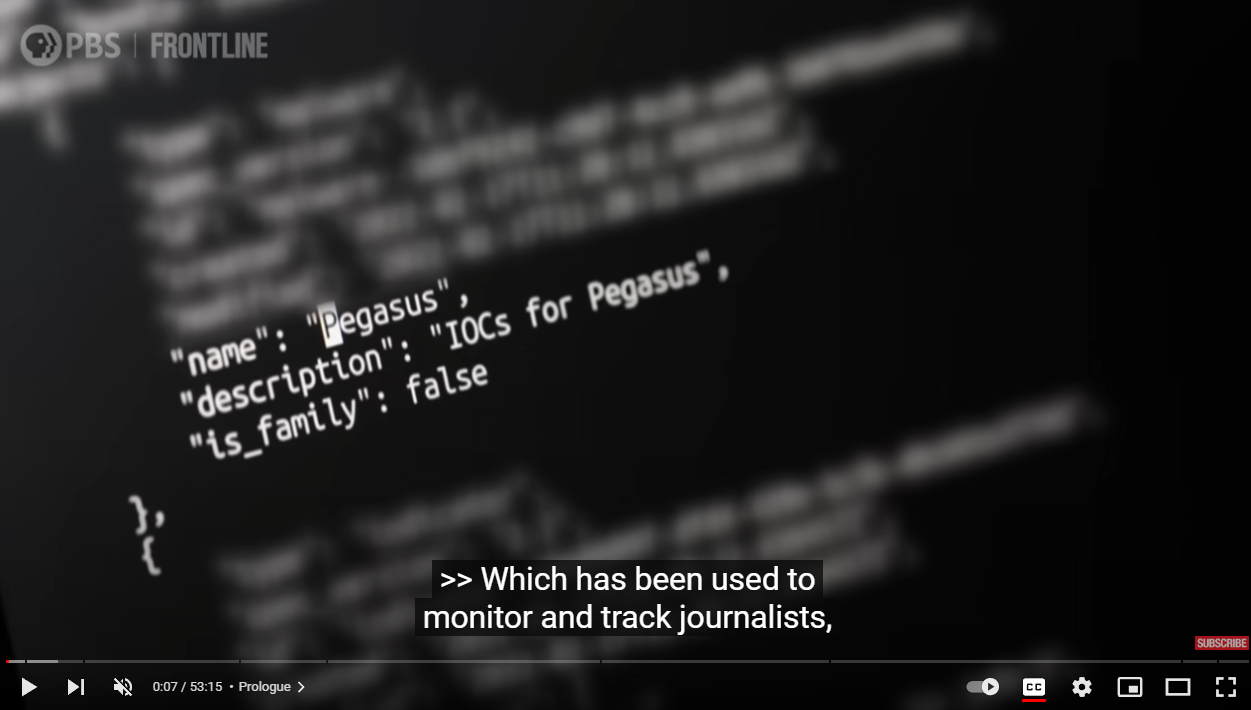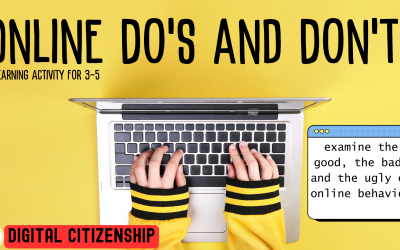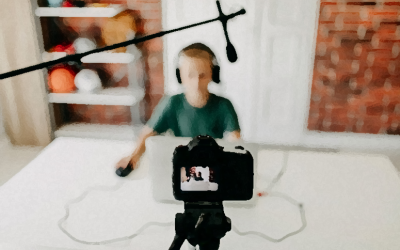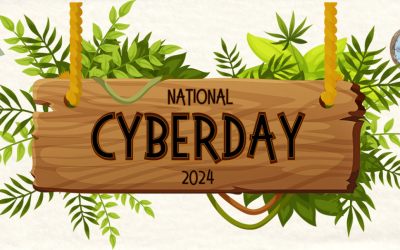Overview
In this activity, students will learn about the dark, pervasive, and real threat that all of us, especially those in power (such as politicians, journalists, CEO’s and more) face in a hyper-connected world. When our daily devices, such as our phones, tablets and laptops can seemingly be “hacked” and have spyware installed on them without the user knowing, it can present major problems for the individual, organization, government, businesses or more. Content warning: there are some adult situations discussed in this film, with reference to the assassination of the Washington Post opinion journalist, Jamal Khashoggi.
Film description: In 2020, the journalism nonprofit Forbidden Stories and Amnesty International gained access to a leaked list of more than 50,000 phone numbers. They suspected it contained numbers selected for potential surveillance with Pegasus. The Pegasus Project reporting consortium — which was led by Forbidden Stories and included 16 other media organizations, FRONTLINE among them — found that the spyware had been used on journalists, human rights activists, the wife and fiancée of the murdered Saudi columnist Jamal Khashoggi, and others. Over two nights, this docuseries reveals the inside story of an investigation that prompted probes by governments and institutions around the world and sparked calls for an international treaty to govern the largely unregulated spyware industry. NSO, which has disputed some of the Pegasus Project’s reporting, says that its technology was not associated in any way with Khashoggi’s murder and that it sells Pegasus to vetted governments for “the sole purpose of preventing and investigating terror and serious crime.” Surveillance technologies like Pegasus are “a military weapon used against civilians, and the civilians, they don’t have any mechanism to help them in seeking justice,” says Laurent Richard, founder of Forbidden Stories and Forbidden Films and one of the producers of the films.
NB Curricular Connections
Technology (6-8)
- Strand: Information Technology Skills, Big Idea: Digital Citizenship.
Personal Wellness (6-8)
- Strand – Wellness, Big Idea: Personal Safety.
Cybersecurity 120
- Strand: Mindset, Big Idea: Proactive, Ethics
What you’ll need
- Show students part 1 of the documentary, Global Spyware Scandal: Exposing Pegasus (Part 1)
- Show students part 2 of the documentary, Global Spyware Scandal: Exposing Pegasus (Part 2)
Instructions
- Prior to showing the documentary, talk to students about the words “hacking” and “spyware” and get a sense of their understanding of those concepts. Or, without prompt, tell them to take a sheet of paper out, and for them to define and/or summarize these phrases (you can find the Glossary here) the best they can: 1) Hacking, 2) Spyware, 3) Digital Backdoor, 4) Computer Exploit, 5) Code Injection.
- Watch the documentary as a class.
- At the end of Part 1 of the documentary, have students write a short reflection/journal on their opinions of what happened.
- Pair students up into groups of 2, or larger groups, and assign each group to debate either FOR the need of this sort of software to exists or AGAINST it.
Digital Literacy Framework
Digital Citizenship
Reflection Activity
Please see the attached PDF for several choices on how you and your learners can reflect upon today’s activity.






